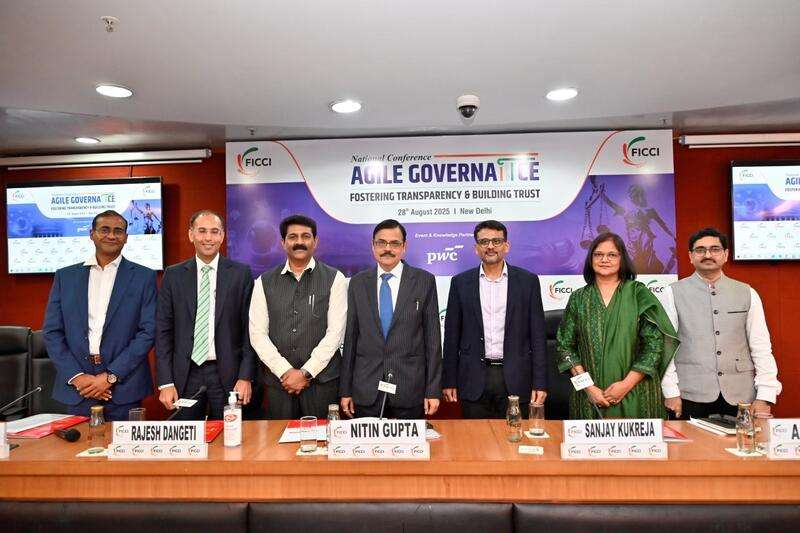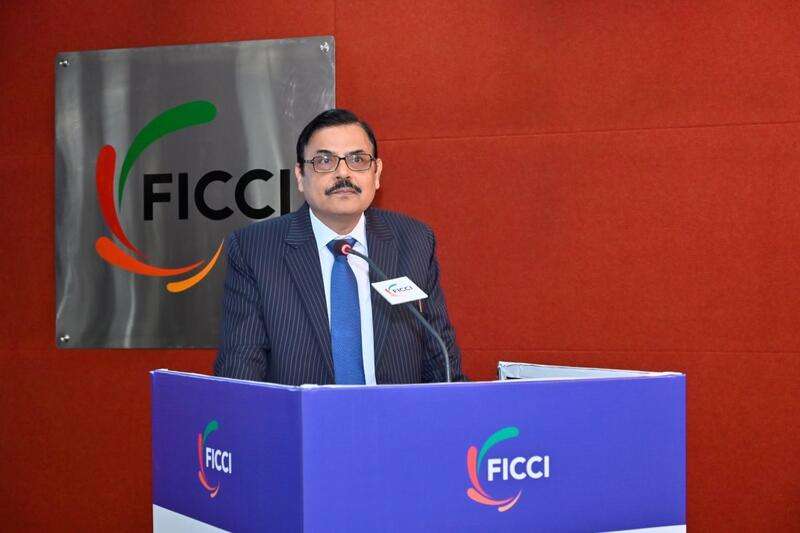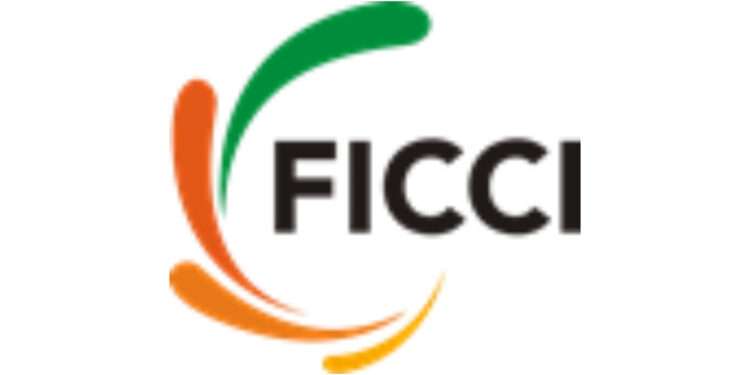
FICCI conference highlights India’s economic resilience and the need for agile governance
New Delhi, August 28, 2025: Speaking at FICCI’s conference on “Agile Governance: Fostering Transparency & Building Trust”, Nitin Gupta, Chairperson of the National Financial Reporting Authority (NFRA), emphasized that sound corporate governance and high-quality financial reporting are the twin pillars of sustainable economic growth.

Gupta noted that India’s transformation over the past decade has been driven by the digital revolution, tax reforms, competitive investment climate, and simplified legal frameworks. Stressing India’s ambition to become a USD 30 trillion economy in the next two decades, he outlined five essential pillars for building a globally comparable financial reporting framework:
Robust accounting and auditing Standards
Independent standard-setting institutions
Strong quality controls within audit firms
Professional accountancy bodies
Independent regulatory oversight
Citing past challenges such as the Twin Balance Sheet problem and major corporate failures, Gupta said: “Sound governance, transparent reporting, and investor trust are non-negotiable if India is to sustain growth and attract global capital. India is on the threshold of an unprecedented economic transformation, and it is our collective responsibility to ensure that governance and financial reporting frameworks evolve in step with this growth story.”
He also reaffirmed NFRA’s commitment to risk-based audit approaches using technology, enhanced audit committee disclosures, and alignment with global standards in accounting, auditing, and ESG/sustainability reporting.
In his special address, Rajesh Dangeti, Chief General Manager, Corporation Finance Department (CFD), SEBI, stressed that minority shareholder protection remains central to the regulator’s priorities, urging corporates to strengthen transparency and disclosures both “in letter and in spirit.”
Other industry voices echoed the importance of agile governance:
Pawan Agrawal, MD & CEO, Waaree Group, said agile governance means shifting from “rule-based rigidity to principle-based flexibility,” while retaining accountability.
Sanjay Kukreja, Chair, FICCI PEVC Committee and CIO, ChrysCapital, highlighted significant improvements in board governance, noting the shift from family-led structures to strategic discussions.
Abhishek Rara, Partner, Price Waterhouse LLP, warned that rapid disruptions demand adaptable governance, citing research that 40% of CEOs believe their businesses may not survive the next decade without fundamental change.
The conference reinforced the determination of regulators and industry leaders to strengthen India’s financial reporting ecosystem and governance structures as the country positions itself as a global investment hub.
About NFRA
The National Financial Reporting Authority (NFRA) is India’s independent regulator for auditing and accounting standards. It is tasked with enhancing investor and public confidence in financial reporting by ensuring high-quality audits, transparent disclosures, and alignment with international best practices.






























